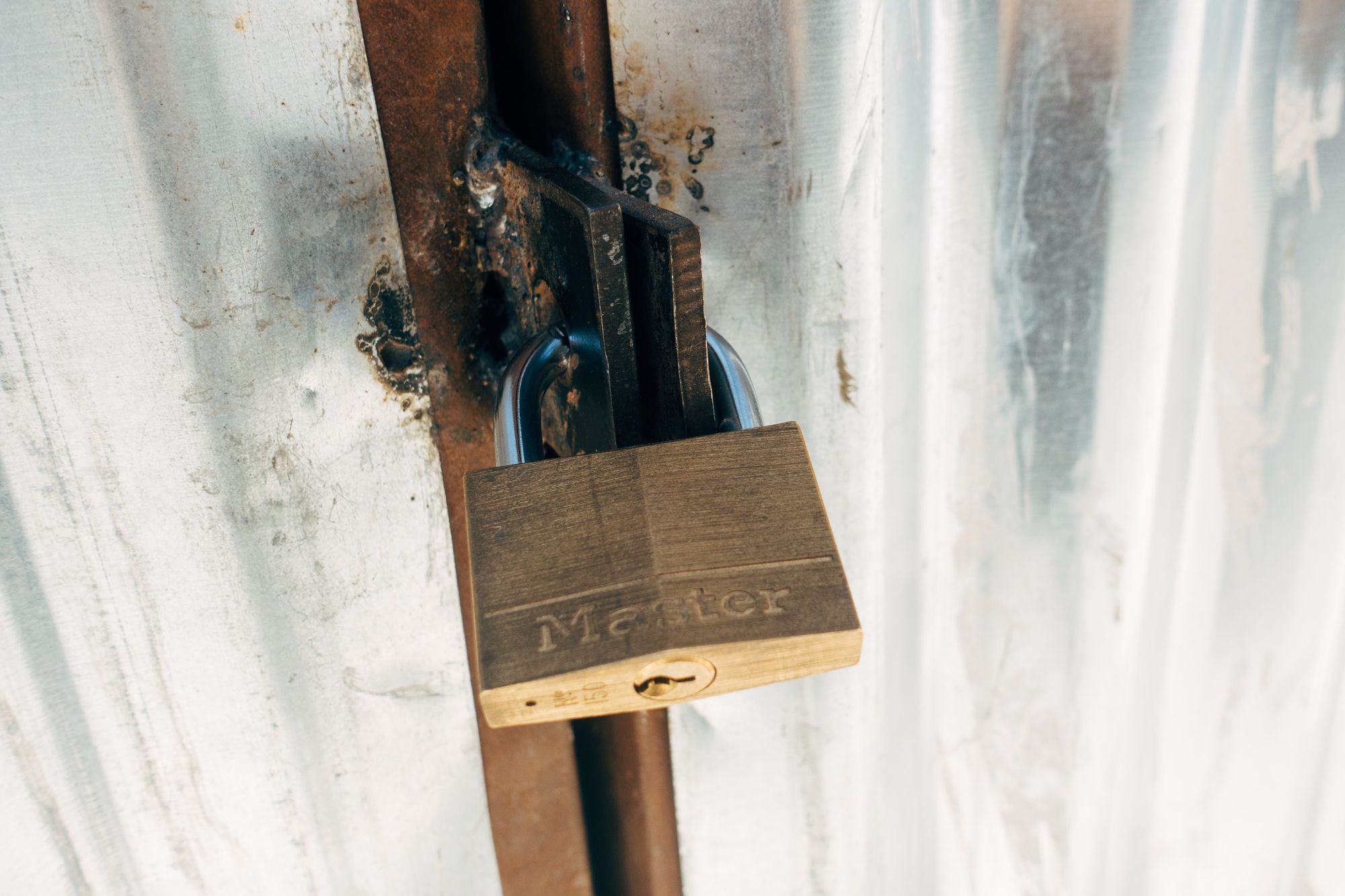Encrypt/Decrypt files/directories with openssl

Assume that you have a single file to encrypt/decrypt.
- To encrypt
openssl enc -pbkdf2 \
-in "${file_name}" \
-out "${file_name}.enc" \
-md sha512 -salt \
-pass "pass:${my_password}"${file_name} is the name of the file you want to encrypt. Encrypted data will be stored in ${file_name}.enc. ${my_password} is the symmetric password used for decryption?
openssl rand -base64 32- The decrypting command is almost similar to the encrypting command, with an additional
-dflag, and output/input file names switched
openssl enc -d -pbkdf2 \
-in "${file_name}.enc" \
-out "${file_name}" \
-md sha512 -salt \
-pass "pass:${my_password}"- From version
1.1.1,-pbkdf2or-itercypher are recommended over-aes-256-cbc. If you are usingopensslversion older than1.1.1, replace-pbkdf2with-aes-256-cbc. Using-aes-256-cbcwith openssl version newer or equal to1.1.1will emit the error:
*** WARNING : deprecated key derivation used.
Using -iter or -pbkdf2 would be better.- To check
opensslversion:openssl version
OpenSSL 3.0.8 7 Feb 2023 (Library: OpenSSL 3.0.8 7 Feb 2023)If you have multiple files or a directory. There is one more step to combine these files into
tar -Jcf "${file_name}.tar.xz" -C . "${dir_name}"
